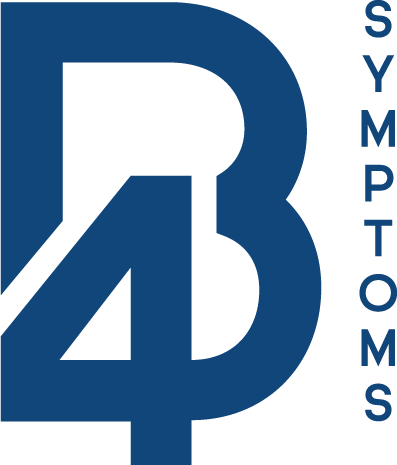Emphysema
About Emphysema
Emphysema is a chronic, progressive lung condition characterized by the destruction of alveolar walls, resulting in enlarged air spaces and reduced surface area for gas exchange. It is a major form of chronic obstructive pulmonary disease (COPD) and leads to impaired airflow, shortness of breath, and reduced exercise tolerance. Early emphysema may be detectable on CT scans even before symptoms appear, providing a window for targeted intervention and smoking cessation support. In advanced stages, emphysema can severely limit daily function and may lead to respiratory failure, frequent hospitalizations, and diminished quality of life. Timely recognition of emphysema—especially in high-risk individuals—can enable risk stratification, personalized care, and consideration of advanced therapies, including lung volume reduction procedures and pulmonary rehabilitation.
